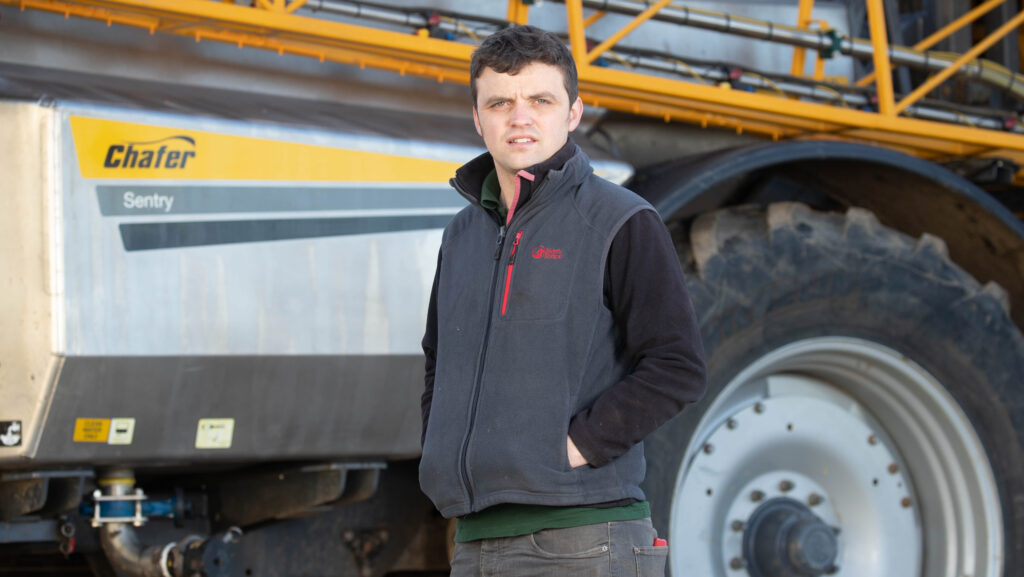Opinion: The top four items in new Defra boss’s in-tray
 Mike Neaverson © Tim Scrivener
Mike Neaverson © Tim Scrivener Labour’s manifesto contained just 87 words on agriculture. Scant detail, then, for an industry worth more than £30bn/year. So what should Steve Reed, our new Defra secretary, be looking to change in the early years of a Labour government?
First, the Sustainable Farming Incentive, for which until recently I had been short of praise.
The upcoming iteration now has levels of financial support that are making even us in the productive Fens reach for our calculators.
Its aims are worthy, and that many of us locally are teetering on the edge of signing up is probably an indication that the remuneration is about right. Evolution, then, and not revolution, is what is required here.
See also: Opinion – spectre of spud harvest sparks tractor conundrum
Second, pesticides. A lot of nonsense is spouted by some who think we don’t need them.
Stick your nose in the fungicide-free plots in some of the trendy “low disease” variety blends in this part of the world, and you’ll see why we do.
For better or worse, we are free from the EU’s regulatory shackles, and on a case-by-case basis we ought not be scared to diverge from them.
Third, energy. That Labour is going to review onshore wind generation is welcome news for those of us whose businesses are too young to have benefited from the heady days of feed-in tariffs and liberal planning rules.
Farm-scale wind generation – by which I mean anything under about 100kW in size – ought to be a rubber-stamp permitted development.
Finally, though not mentioned in the manifesto, we have reports that Labour intends to reform inheritance tax business and agricultural property reliefs – of which farmers are significant beneficiaries.
This has enormous implications, and while I likely won’t agree with many changes, I can see why a Labour government might view it as low-hanging fruit without significant electoral repercussions.
Let’s use one example as an argument. I know of a block of land, purchased by a wealthy investor in the past decade, where a contractor has run the operation for years and yet has never actually met his customer – the hands-off, on-paper “farmer”, who engages solely through an agent.
Perhaps readers can inform me, and Labour MPs, why this chap should receive 100% inheritance tax (IHT) relief on his farmland, but not on any other of his numerous investments.
Clearly there is a qualitative gulf between this example and that of a father-and-daughter hill-farming partnership who have just bought a neighbouring 50 acres.
I can’t imagine that many Labour MPs will want to see low-profit family farms carved up to settle IHT bills, so for me the dilemma boils down to whether you are principally a farmer or mostly an investor.
It all has the potential to be so catastrophically complicated as to be unworkable, but one solution might be to taper the IHT relief in relation to the percentage of your historic income derived from agricultural business.
If you have lived predominantly off a farming income, then you’d pay little IHT.
If you’re an investor, using cash from outwith agriculture, then you would. For better or worse, on balance I probably favour leaving the current system well alone.
We will judge the new government on their actions over the coming years in these difficult times.

